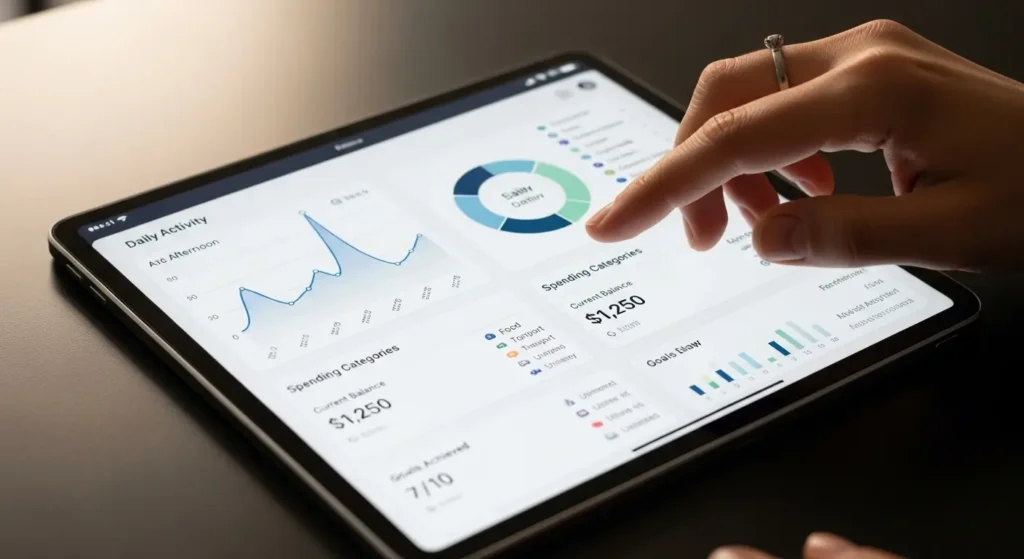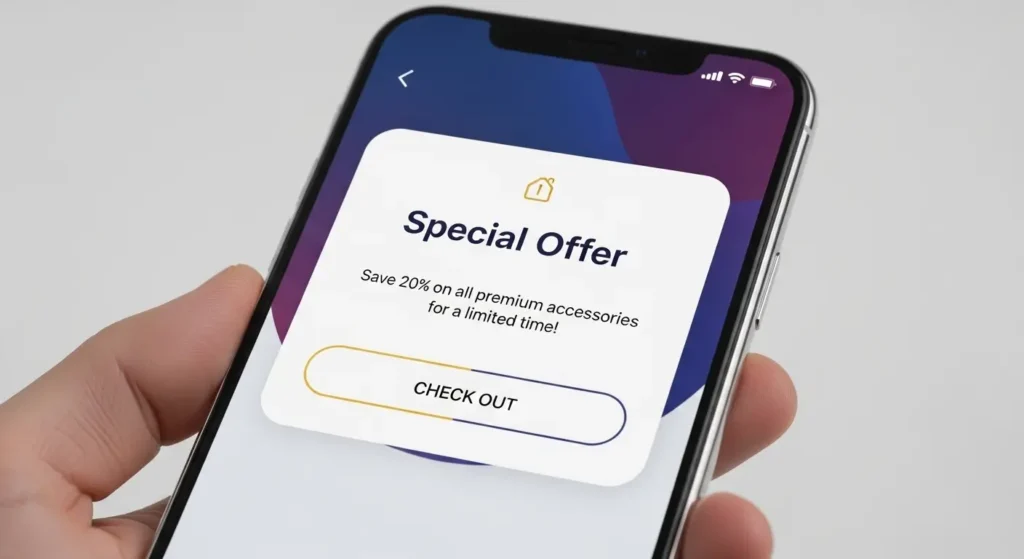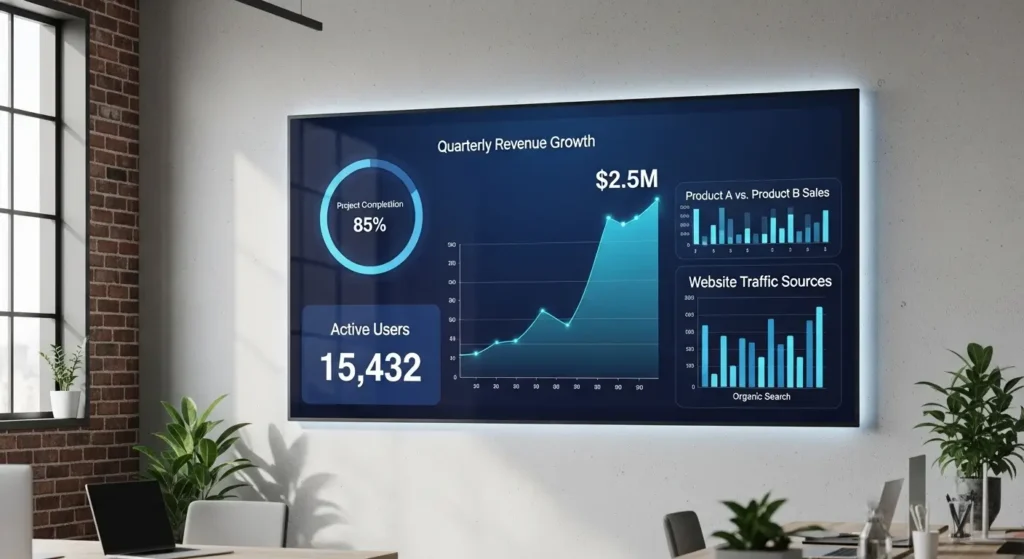As of October 2025, the pace of technological innovation continues to reshape mobile and web applications. Recent updates indicate that AI-driven personalization, 5G-enabled experiences, and low-code technology platforms are no longer optional; they’re the new baseline for competitive apps. In this guide, we’ll explore the current state of the app ecosystem, emerging technology trends, and the tools that empower developers to stay ahead.

Understanding the Current App Landscape and Technology
The app market is now more saturated than ever, with millions of offerings across iOS, Android, and web platforms. To cut through the noise, developers must harness cutting‑edge technology that delivers unique, user‑centric experiences. Cloud‑based technology, artificial intelligence (AI), and the Internet of Things (IoT) are opening fresh avenues for innovation, enabling richer interactivity and real‑time data processing.

Key Takeaways
- The app market is highly saturated differentiation relies on advanced technology.
- Cloud, AI, and IoT are the primary drivers of modern app innovation.
- Staying informed about 2025 technology trends is essential for success.
Emerging Trends in App Development Technology

AI and Machine Learning Technology in Apps
AI and machine learning technology are now embedded in everyday apps, from voice assistants to recommendation engines. As of October 2025, 78 % of top‑grossing apps leverage AI to personalize content, improve performance and predict user intent.
Rhetorical question: How would your app feel without AI‑powered insights?
Augmented Reality and Virtual Reality Technology
AR and VR technology are democratizing immersive experiences. With headset prices dropping below $300, developers can now integrate realistic 3D overlays into retail, education, and healthcare apps.
Cybersecurity Technology for Apps
Security threats evolve alongside technology. Modern apps must adopt end‑to‑end encryption, biometric authentication, and zero‑trust architectures to protect user data.

Key Takeaways
- AI/ML technology drives personalization and efficiency.
- AR/VR technology creates immersive, cross‑industry experiences.
- Robust cybersecurity technology is non‑negotiable in 2025.
Tools and Technology Platforms for App Development

Cross‑Platform Frameworks Powered by Technology
React Native, Flutter, and Xamarin continue to dominate because they let developers write once and deploy everywhere, reducing time‑to‑market by up to 40 %.
Low‑Code Development Technology
Low‑code platforms such as Adalo, AppGyver and GoodBarber empower non‑technical creators to launch functional apps in days, not months.
Backend‑as‑a‑Service (BaaS) Technology
Firebase, AWS Amplify, and Google Cloud’s BaaS solutions provide ready‑made databases, authentication, and analytics, letting teams focus on front‑end technology and user experience.

Key Takeaways
- Cross‑platform technology accelerates multi‑device releases.
- Low‑code technology lowers barriers for entrepreneurs.
- BaaS technology streamlines backend management.
App Monetization Strategies Technology

In‑App Purchases (IAP) Enabled by Technology
IAPs now integrate with AI‑driven pricing models that adjust offers based on user behavior, boosting conversion rates by up to 22 % in 2025.
Advertising Technology
Programmatic ad technology delivers personalized ads without compromising user experience, thanks to real‑time bidding and contextual targeting.
Subscription Technology
Subscription technology platforms such as RevenueCat provide unified receipt validation and churn analytics, helping developers retain users longer.

Key Takeaways
- AI‑enhanced IAPs increase revenue potential.
- Programmatic ad technology balances monetization with UX.
- Subscription technology offers predictable, recurring income.
App Marketing and Promotion Technology

Social Media Technology
AI‑powered social listening tools help identify trending hashtags and optimal posting times, amplifying app visibility.
Influencer Marketing Technology
Platforms like Upfluence use machine learning technology to match apps with influencers whose audiences align perfectly.
App Store Optimization (ASO) Technology
ASO tools now incorporate natural‑language processing technology to suggest high‑impact keywords and generate compelling app descriptions.

Key Takeaways
- AI‑driven social media technology maximizes outreach.
- Influencer matching technology improves campaign ROI.
- Advanced ASO technology boosts discoverability.
Measuring App Success with Technology

Daily Active Users (DAU) Technology
Real‑time analytics technology now provides minute‑by‑minute DAU dashboards, enabling rapid iteration.
Monthly Active Users (MAU) Technology
Cohort analysis technology helps identify retention patterns across different user segments.
Average Revenue Per User (ARPU) Technology
Predictive technology models forecast ARPU trends, allowing proactive pricing adjustments.

Key Takeaways
- Real‑time DAU technology drives agile decision‑making.
- Cohort‑based MAU technology uncovers retention insights.
- Predictive ARPU technology informs revenue strategy.
Future of App Development Technology
Looking ahead, 5G, edge computing and quantum‑ready technology will redefine latency, processing power, and security. Developers who adopt these emerging technology stacks will deliver experiences previously thought impossible.

Key Takeaways
- 5G and edge technology will enable ultra‑low‑latency apps.
- Quantum‑ready technology prepares developers for next‑gen security.
- Continuous learning in technology is essential for future relevance.
Conclusion:
In 2025, technology is the heartbeat of every successful app. From AI‑enhanced personalization to secure, low‑code development, the tools and trends outlined here equip you to build user‑centric, profitable applications. Embrace the latest technology, measure performance with precision, and keep iterating. Your next breakthrough app is just a few lines of code away.

Ready to start building? Explore the resources below and turn your vision into reality.




